
Books That Helped Me Grieve for My Mother
Just after my mother died, I scoured the internet for books about grief. Books had always been the way I understood the world, so of course I would consult them to try to sort my grief out. There were, of course, no shortage of books about grief—it seems to me that every book is, in some way or another, about that—but I came up short with each and every recommendation. Grief is singular; no two people experience it the same way. So rather than make this a list of “books about grief,” I’m going to give you a list of books that helped me.
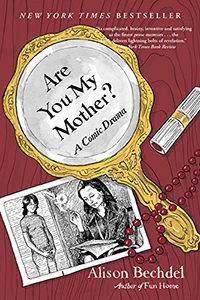
I’ll start with the obvious one. While Fun Home may be the better book overall, Bechdel’s analysis of her relationship with her mother—analysis being the keyword, since most of this book centers on Bechdel attending therapy—is essential reading for any daughter trying to understand her presence in her mother’s life (or her mother’s presence in hers).
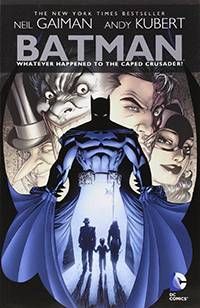
The dark horse, the less obvious one. I got into comics while my mother was in the hospital—the large, colorful, exciting images were the ultimate distraction—and after she died, I became even more obsessed with them. Neil Gaiman’s two-part send-off for the Dark Knight, focusing on Batman’s lasting legacy, blew up the notion of what people leave behind when they die to super-heroic proportions. I always saw my mother as a kind of superhero, a mythological figure, and Gaiman’s story reified that idea for me.
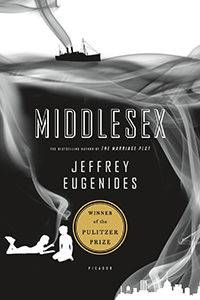
Jeffrey Eugenides’s Pulitzer Prize-winning novel is an epic, multigenerational saga that somehow makes genetic inheritance itself into a page-turning thrill ride. The blurb on the back of my copy’s jacket calls the book a “feast of a novel,” which couldn’t be more accurate; it’s a veritable smorgasbord of literary delights. But ultimately, what excites me most about the book is the way that it wrestles with, and ultimately celebrates, the realization that one’s parents have had lives of their own. This may seem obvious, but when I first read it, just after my mother died, I was taken by the idea of my mother having lived a complex life, full of drama and love. Thinking this way kept her alive for me.
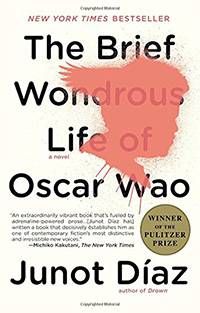
Like Middlesex, Junot Diaz’s debut novel is a family drama spanning multiple decades and continents. Yet Diaz’s yarn is decidedly darker than Eugenides’s; the book’s best parts focus on Beli, the main character’s mother, and her trials in the Dominican Republic during the terrifying reign of Rafael Trujillo. While the book’s major overarching theme of a familial curse made for worrisome mid-grief reading, its depiction of one woman’s endurance (and her enduring spirit) was inspiring. (My mother would have definitely donned a “Nevertheless, she persisted” t-shirt.)
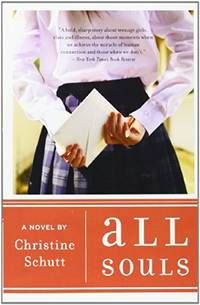
I honestly can’t fathom why this book wasn’t a massive bestseller. It’s like a more substantial Gossip Girl, an uncovering of the secret lives of schoolgirls and the people who get caught in their wake. At its heart, however, is an incredibly touching story about a community that doesn’t quite know how to grapple with the impending death of a young girl—her friends, her father, her teachers. In this way, the book is kind of like a retelling of the Fall of Icarus: life goes on, even in the face of tragedy.
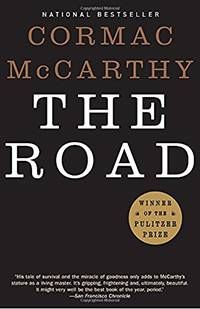
There was a period of time after my mother died when it felt as though my father and I—I’m an only child—were just two lost souls wandering a deserted, post-apocalyptic wasteland. Although this may sound overblown, her death was our apocalypse: the ending of the world as we knew it. My father, like the father in Cormac McCarthy’s gorgeous and haunting novel, is strong and wise and full of light, the ultimate companion with whom to traverse the barrenness of grief. Reading The Road, I imagined, perhaps perversely, fighting off all kinds of scavengers and evil-doers with my dad.














